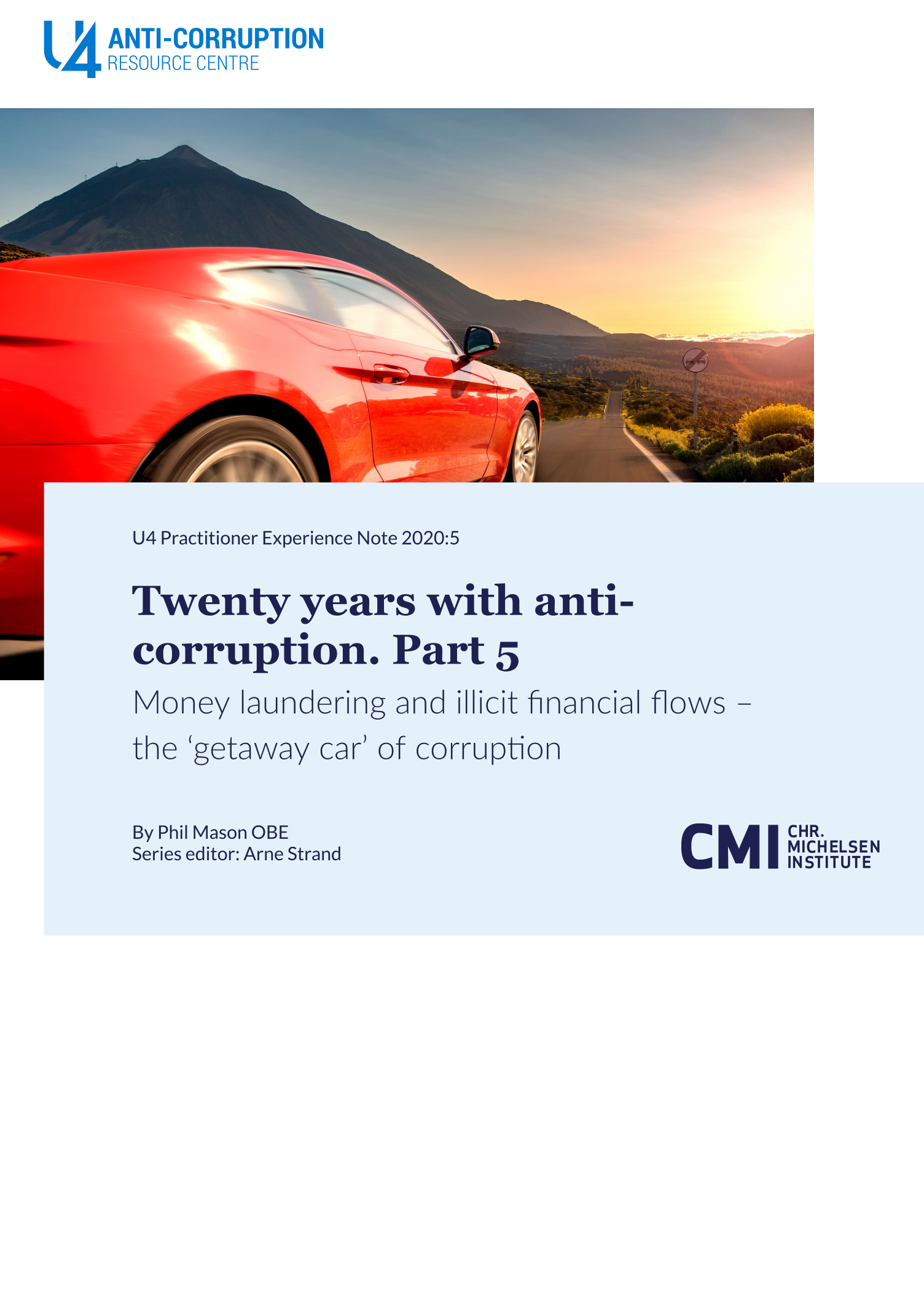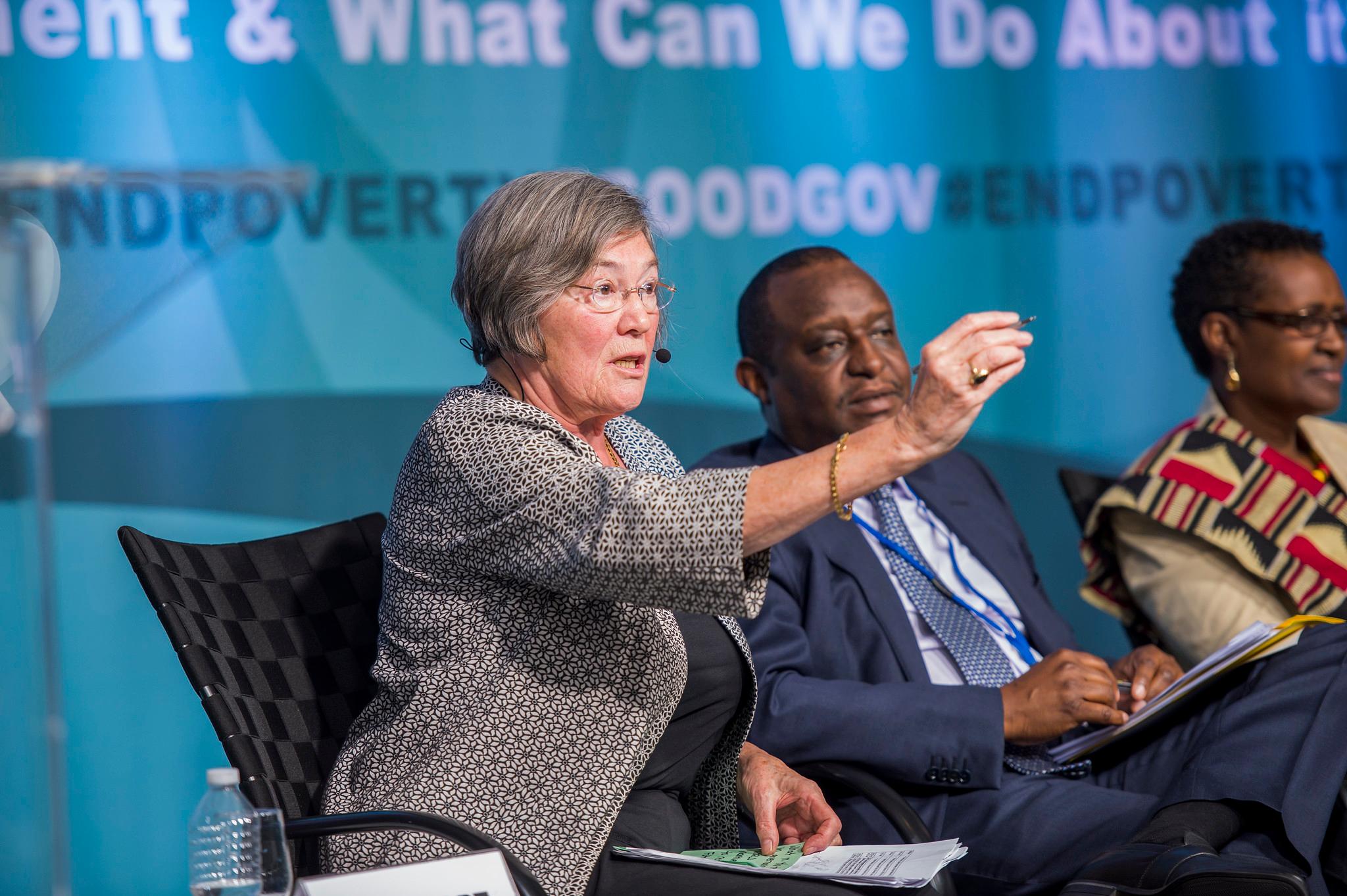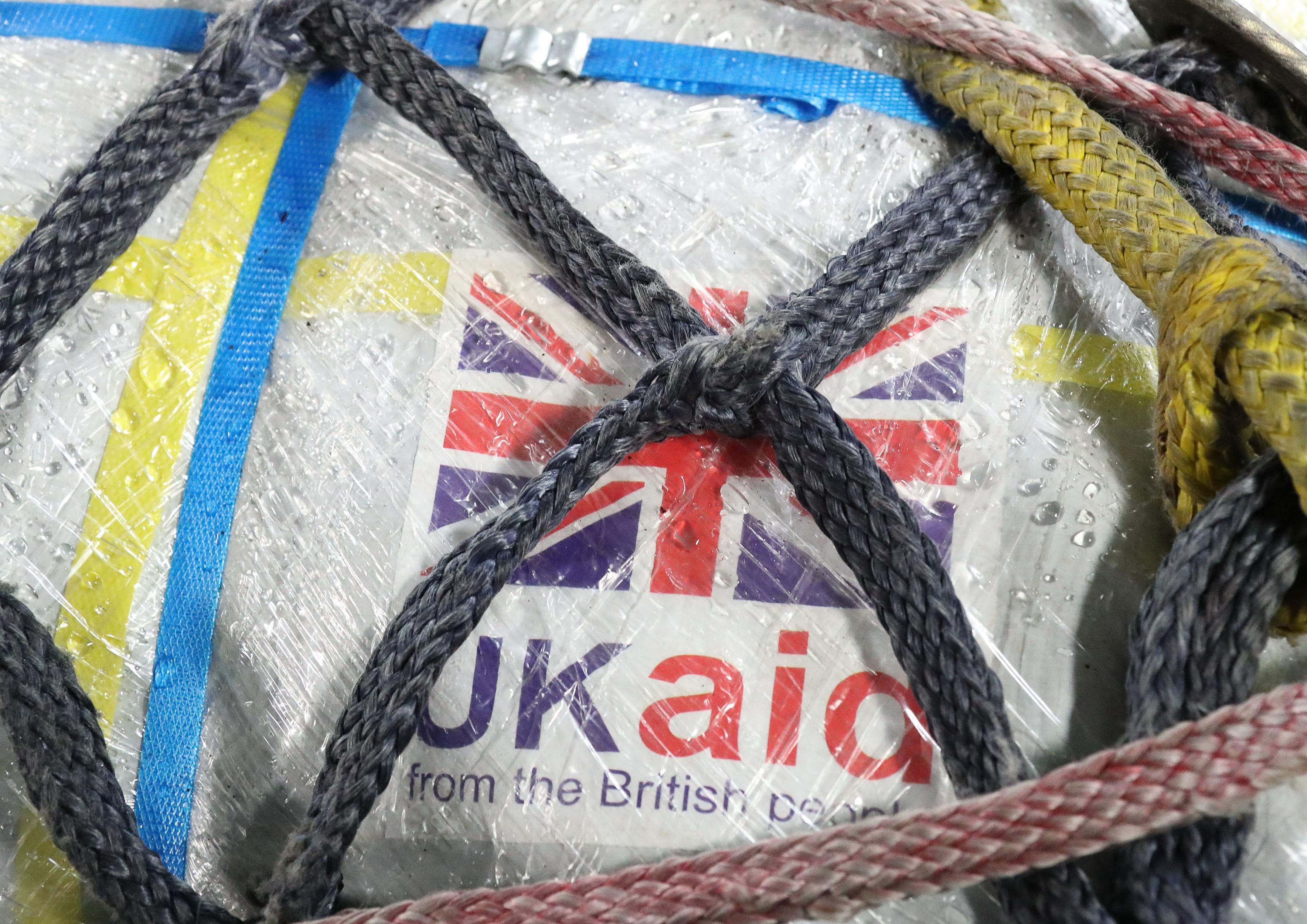Main points
- Developing countries are keen to include ‘abusive’ commercial practices such as tax evasion and avoidance, transfer pricing, and profit shifting as part of illicit finance. By contrast, developed country governments and companies hold that apart from tax evasion, such practices are not automatically illegal. This definitional problem means the foundation for concerted international co-operation is weak.
- Dealing with IFFs is problematic for donors. There are profound obstacles to accommodating this work in normal donor practice, meaning that the developmental damage of illicit finance has often been overlooked.
- Methods for measuring IFFs are a source of much debate. A consensus to better measurement is urgently needed if governments are to make correct policy responses.



